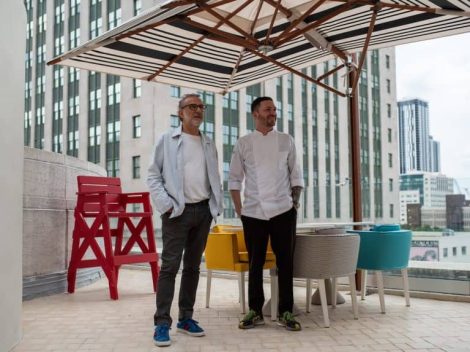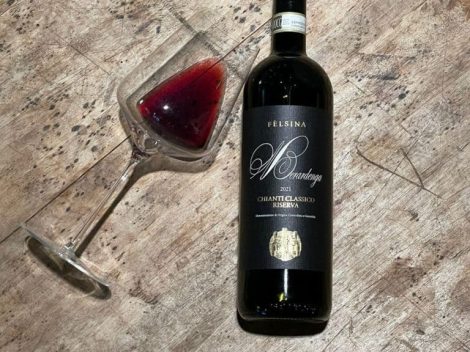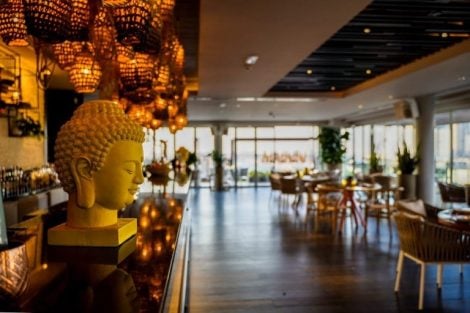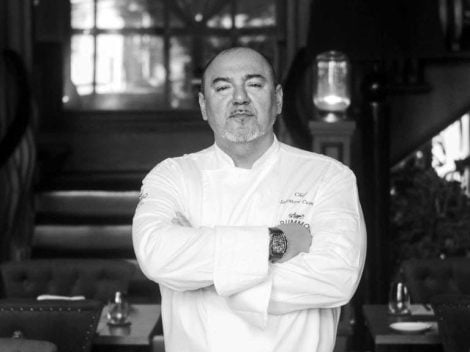In the Mood for Love, a love story surrounded by food
A whispered love story, told with disarming slowness, poignant, yet never excessive. Looking down and up the stairs the two secret lovers who have never allowed themselves to desire, just crossing each other on the narrow corridor, would like to stop that suspended moment, crystallised in moments, slight touches, hinted looks. Lots of food. Shared in silence, with rhythmic gestures, repeated endlessly, in a non-existent timeline, perhaps for this immortal, as their unfinished relationship. Never before as in the case of Wong Kar-wai’s masterpiece In the Mood for Love, food is not only part of the story, but it traces the boundaries, delimits its narrow, suffocating spaces, highlighting saturated colours, the shades of red, black, the blinding darkness of each scene. A film built on oxymorons and unspoken words, short, concise and incisive dialogue, a perfect soundtrack - starting with "Quizas Quizas Quizas Quizas" by Nat King Cole - and extraordinary cinematography. Plus the indisputable talent of the two leading actors, Su Li-Zhen and Tony Leung Chiu-Wai, who offer an impeccable interpretation of Mrs Chan and Mr Chow, neighbours who discover the clandestine history of their spouses, often away on business, and promise not to become like them.
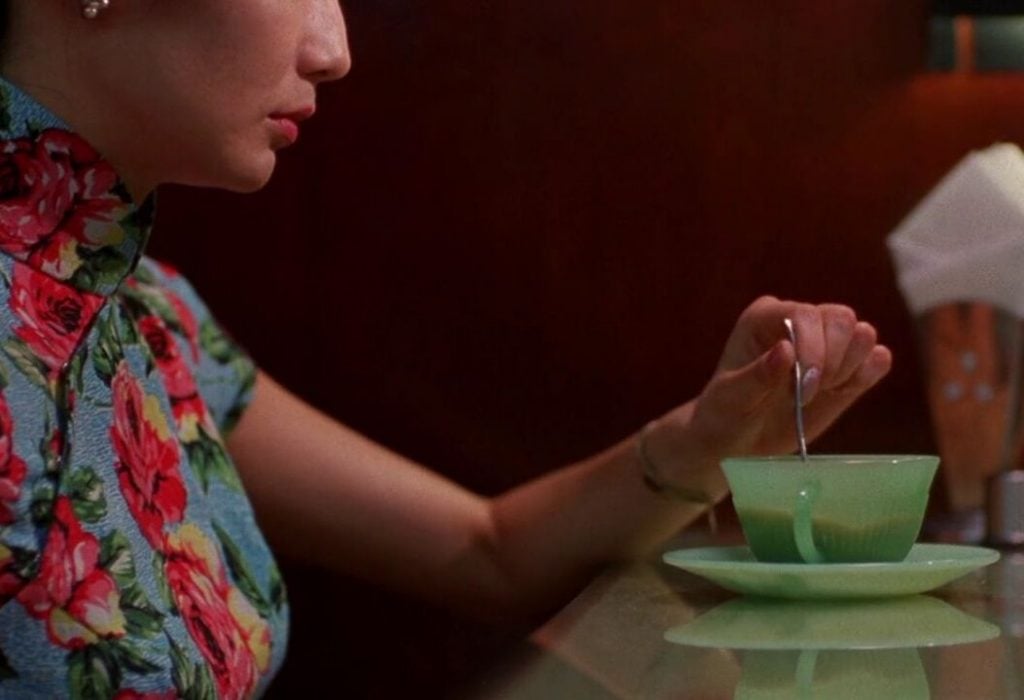
The food, restaurants and tables in In the Mood for Love
A promise so ambitious, difficult to keep, that they carry on until they get to the last, moving and tormented confession in the rain, one of the most melancholy scenes of the whole film. A story told with few words and many gestures, especially at the table: it's the food that speaks for them, showing their most intimate feelings, reserved, hidden by the shyness of one and the rigour of the other, jealously guarded, continuously silenced. Emotions forced in dark, uncomfortable, narrow corners like the apartments where they find themselves living, that asphyxiating landing that is the background to their habits, her colourful and elegant clothes, a secretary dressed on point, and his neckties, editor-in-chief in Hong Kong in the early 1960s. With food they express themselves, they find each other, they touch each other. Sensual food, luxurious, but also revealing: it's around the table of a restaurant that the two have the confirmation of their suspicions. Mrs Chan's handbag bought by her husband on a business trip, the same one that also Chow’s wife has, and his necktie, gifted by his spouse, equal to that of Mr Chan, who claimed to be a gift from his boss. They eat and look up from time to time, with rhythmic movements, always the same, which over time are loaded with deeper meanings.
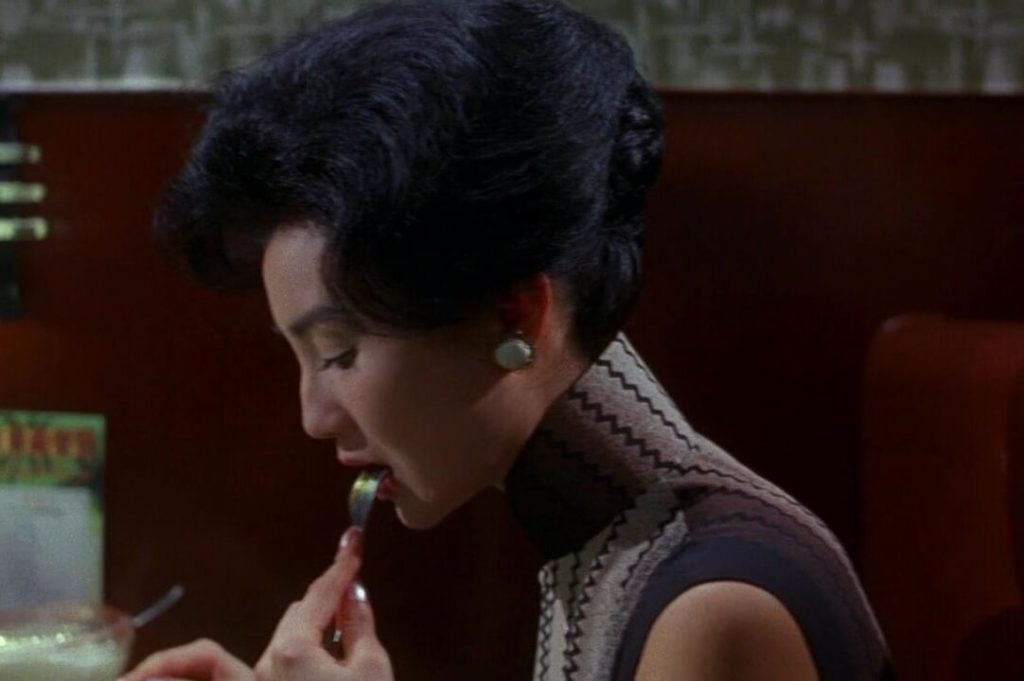
Sesame soup and mustard steak
From the more formal dinners we move on to the intimacy of the home, the camera shots are meticulous, manic, they focus on details. The wonton swallowed whole by Chow, disappointed by the behaviour of his wife, the smoke of his cigarette that envelops him continuously, in the office but especially at the table, marking time between the suspended words of the dialogue. The clothes of Mrs Chan, the rich details, the facial expressions of the actors, often motionless yet so dynamic. The food, we said: sesame soup, the woman’s concern for the sick man left alone, with this strong desire. She prepares a whole pot of it, pouring into the pot the cares and the repressed love towards her beloved, which until the end remains a distant, impossible dream. She forces herself into a part that struggles to interpret, suppressing her most sincere impulses, stifling her desires, caged in a comfortable and uncomfortable routine at the same time, making the most of what little she can have. Without settling, but fully enjoying the moment when she can finally take care of him, until she begins to play a part, back at the restaurant.
"I want to know what your wife’s having"
"What about your husband?"
He also orders for her, they eat mostly in silence, meticulously cutting the meat fillet. Mr Chow adds mustard to her plate, Mrs Chan dips the steak in it, savours it without letting her dismay shine through the pungent taste. "Your wife likes spicy things." It is perhaps one of the most significant quotes of the film, the personification of the lover in the role of wife, who makes herself fit an unusual taste, but now becomes passion, desire, something to tend to, to yearn for. To feel his for a brief moment, while maintaining the necessary distance, the necessary one not to do the same as the adulterous spouses, the worst of the conclusions according to his ironclad morality. A relationship that proceeds at a slow pace but never interrupted, muffled but so strong to hold the viewer's breath at every scene. It is quiet but deep love: the phone rings rings three times to know that she has returned home, "then hangs up." Three rings, nothing more.
There is no time and there is no consequence, there is a beginning and never an end. Not even the scene of the declaration in the rain is enough to stop that restrained, whispered love.
"I didn’t think you'd fall in love with me"
"I didn’t believe it either. I wondered how it started between them, now I know. Some things happen just like that."
The departure for Singapore. Mrs Chan’s attempt to find him a year later fails. That cigarette butt stained with lipstick that Chow finds in the apartment and another dinner, this time with a friend, that reminds him of the ancient custom of confessing the most intimate secrets in the hole of a tree trunk. And so he does, whispering his real desire in the hole of Angkor Wat in Cambodia, in a last, heartbreaking act of love.
by Michela Becchi

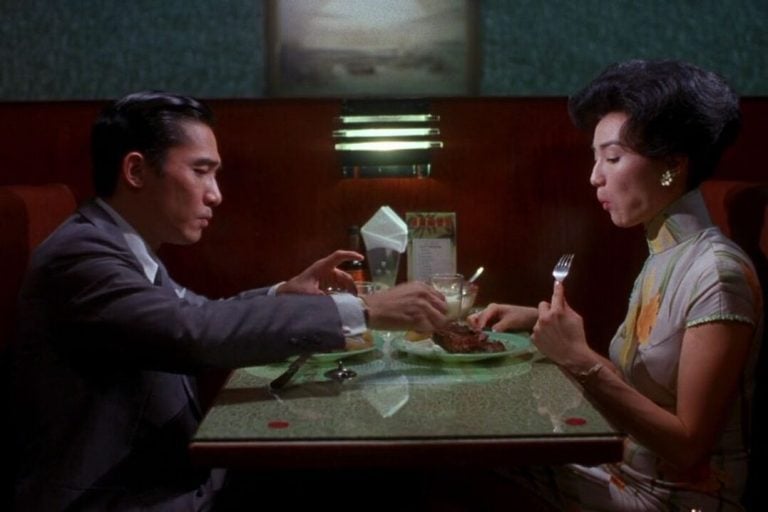
 Women are the best sommeliers. Here are the scientific studies
Women are the best sommeliers. Here are the scientific studies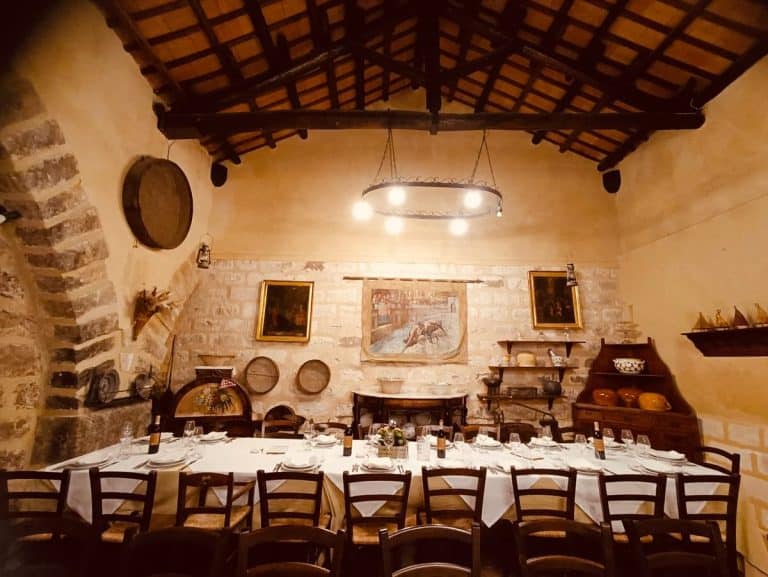 Where to eat at a farm stay in Sicily: the best addresses in the Provinces of Trapani, Palermo, and Agrigento
Where to eat at a farm stay in Sicily: the best addresses in the Provinces of Trapani, Palermo, and Agrigento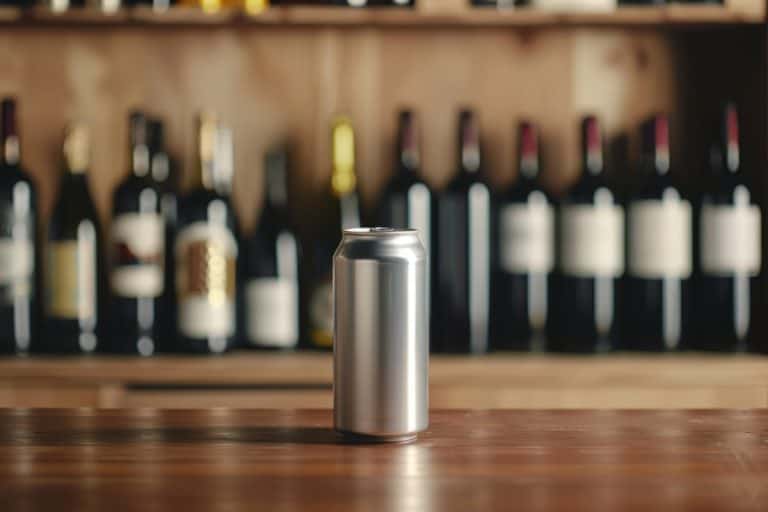 Wine in cans, bottle-fermented, and alcohol free: the unstoppable change in Gen Z’s tastes
Wine in cans, bottle-fermented, and alcohol free: the unstoppable change in Gen Z’s tastes The great Bordeaux exodus of Chinese entrepreneurs: around fifty Châteaux up for sale
The great Bordeaux exodus of Chinese entrepreneurs: around fifty Châteaux up for sale Dubai speaks Italian: a journey through the Emirate's best Italian restaurants
Dubai speaks Italian: a journey through the Emirate's best Italian restaurants
